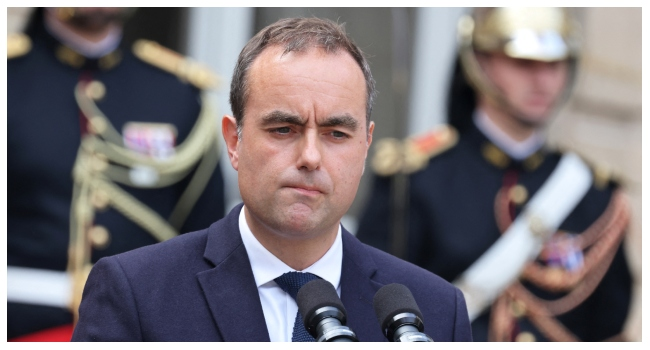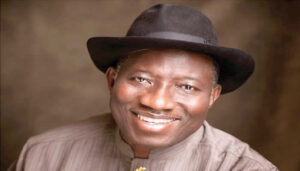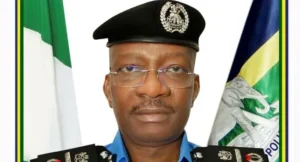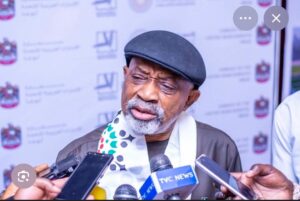
France Faces Fresh Political Shock as Third PM in a Year Steps Down
France’s ongoing political crisis intensified on Monday when newly appointed Prime Minister Sébastien Lecornu resigned just hours after unveiling his cabinet. Lecornu, the third person to hold the office within a year, stepped down before chairing his first cabinet meeting. President Emmanuel Macron accepted his resignation earlier that morning.
In a brief and impromptu address outside the prime minister’s residence in Paris, Lecornu attributed his departure to the unwillingness of opposition parties to compromise. He criticized what he described as entrenched “political egos” and “partisan appetites,” noting that parties continued to act as though they held absolute majorities in parliament—despite none having one.
Lecornu faced immediate backlash from opposition leaders after announcing a cabinet that closely mirrored the previous administration led by François Bayrou, who was ousted in September amid controversy over proposed budget cuts. The new lineup, dominated by Macron loyalists, was seen as a continuation of the status quo, undermining Lecornu’s earlier pledge to deliver a “profound break” from past politics.
In his speech, Lecornu defended his commitment not to invoke Article 49.3 of the French constitution—a provision that allows the government to pass legislation without a parliamentary vote. He argued that this promise alone marked a significant departure from recent practices and should have earned support from opposition parties.
With Lecornu’s abrupt exit, speculation is mounting over whether President Macron will dissolve parliament and call another snap election. Jordan Bardella, leader of the far-right National Rally party, declared: “There cannot be a return to stability without a return to the ballot box and the national assembly being dissolved.” He accused Macron of unilaterally shaping the government and failing to grasp the gravity of the political impasse.
The National Rally is pushing for fresh elections, confident that it can expand its parliamentary presence. France has been mired in political instability since Macron’s centrist bloc failed to secure a majority in last year’s snap election, leaving parliament fractured among left-wing, far-right, and centrist factions.
A new budget must be passed within weeks, yet deep divisions persist. Lecornu’s tenure, which lasted less than a month, ended before his government could begin functioning. Parties across the spectrum were preparing to vote on a no-confidence motion, prompting Lecornu to resign preemptively.
Despite promises of change, most key cabinet positions remained unchanged. Gérald Darmanin retained his role as justice minister, while Rachida Dati continued as culture minister. Roland Lescure, a Macron ally and former industry and energy minister, was appointed economy minister—a critical role amid budget negotiations.
In a controversial move, Bruno Le Maire returned to government as defence minister after serving seven years as economy minister. His reappointment sparked outrage across party lines, viewed as a signal that Macron’s pro-business stance would remain unchallenged.
Share your story or advertise with us: Whatsapp: +2348033202396 Email: sentinelnewsng@gmail.com








